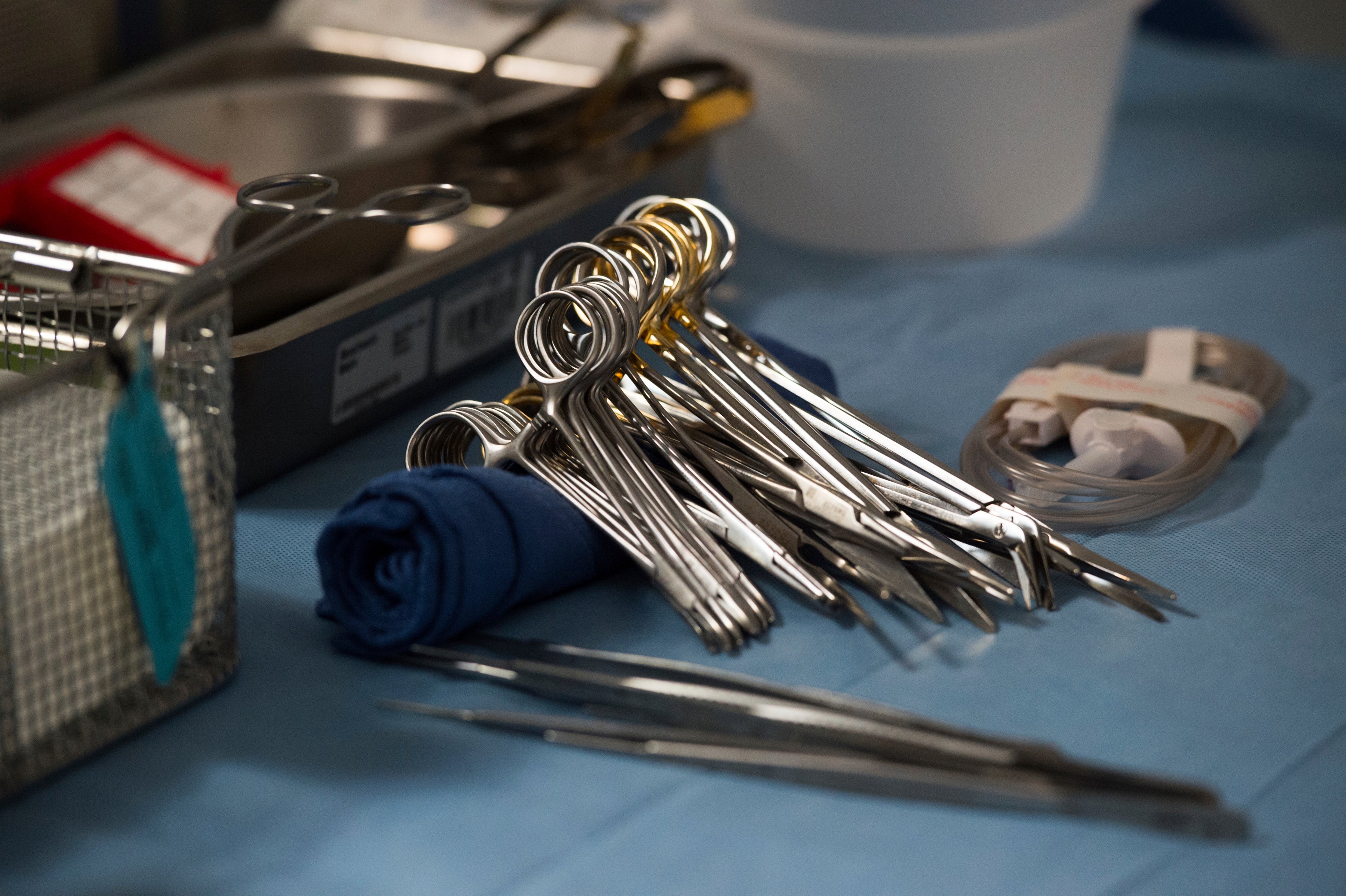Biden administration plans revamp of organ transplant system
The Biden administration plans to break up the network that runs the nation's organ transplant system

The Biden administration said Wednesday it will attempt to break up the network that runs the nation’s organ transplant system as part of a broader modernization effort.
More people than ever are getting new organs, with a record 42,888 transplants last year — but that’s not nearly enough to meet the demand. More than 100,000 patients are on the national transplant list, thousands die waiting and critics have long urged an overhaul to save more lives.
The United Network for Organ Sharing, or UNOS, is a nonprofit organization that has run the transplant system, under a government contract, for nearly four decades. That includes overseeing the groups that retrieve organs, helping set policies for how organs are distributed and patients are prioritized – and running the massive computer system that matches organs with patients.
Now the government aims to end that monopoly and divide those duties among more than one group. Exactly how that will work isn’t clear. The Health Resources and Services Administration will issue bids for new contracts in the fall but wouldn’t say how many.
However, a top focus is modernizing that organ-matching technology and improving accountability in the complex transplant system, including greater independence of the boards that set organ policies.
Patients will be better served “by ensuring there’s competition in this process and that we’re getting best-in-class” to handle the different transplant functions, HRSA Administrator Carole Johnson said in an interview.
Also Wednesday, HRSA took initial steps to translate some of the government’s data on organ donation and transplantation into an easier-to-understand website for patients and families, data that can help them decide how to pursue care.
The Biden administration also has requested that Congress more than double HRSA’s funding for transplant oversight, to $67 million next year.
Wednesday’s announcement doesn’t directly address some tougher problems, such as that potentially usable organs too often aren’t retrieved from would-be donors –- and that hospitals often decline to use less-than-perfect organs that could help the right patient. An influential science panel last year urged the government to set performance goals addressing those and other challenges.
UNOS announced its own set of planned improvements to the transplant system in January and in a statement Wednesday, said it was committed to working with the government.
“We believe we have the experience and expertise required to best serve the nation’s patients and to help implement HRSA’s proposed initiatives,” the nonprofit said in a statement.
Asked by senators Wednesday about complaints against UNOS, Health and Human Services Secretary Xavier Becerra pledged that “we're going to require transparency. ... They can't hide behind confidentiality and say, ‘We can’t show you what's gone on.'”
___
AP journalist Amanda Seitz contributed to this report.
___ The Associated Press Health and Science Department receives support from the Howard Hughes Medical Institute’s Science and Educational Media Group. The AP is solely responsible for all content.
Bookmark popover
Removed from bookmarks